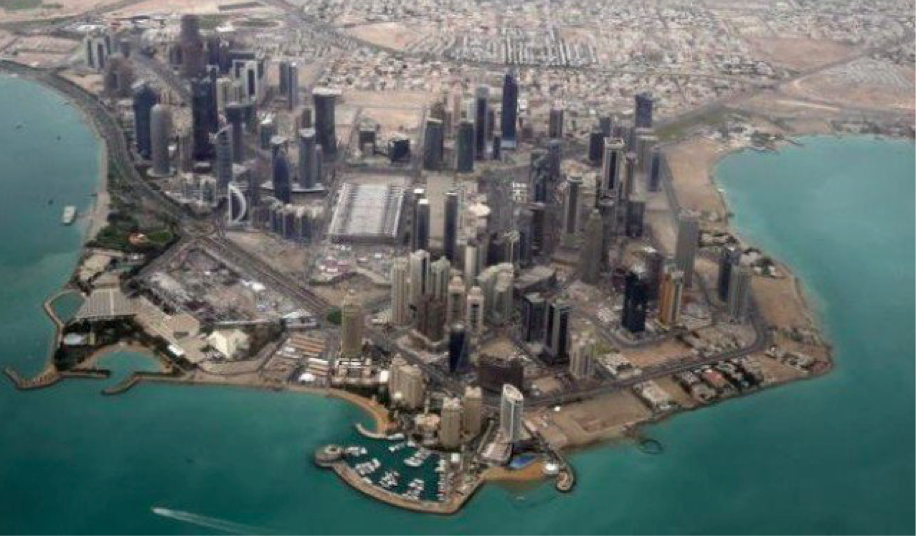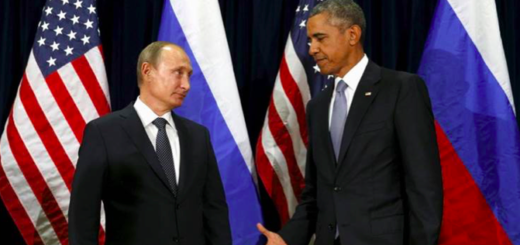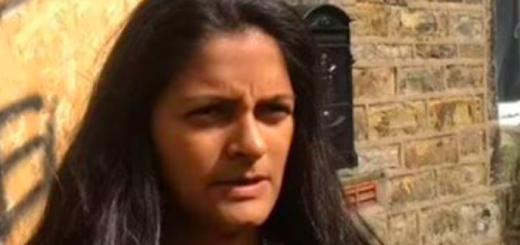Why punitive action against Qatar? dr.james kottoor

 Which country/ies promote terrorism?
Which country/ies promote terrorism?
In the pic: An aerial view shows Doha's diplomatic area. PHOTO: REUTERS
Neighbouring countries, Saudi Arabia, Bahrain and the United Arab Emirates, have cut off diplomatic and transport ties with Qatar leading to its travel disruption and isolation. The alleged crime is that it promotes terrorism.
The bone of contention in this dispute is that one or more Gulf countries support and promote terrorism by providing needed funds. Till now most reports in the world pointed to Saudi Arabia as the fountain head providing funds to various terrorist organizations, starting with spreading Wahhabism.
The ‘Telegraph’(http://www.telegraph.co.uk/news/) of 19 May 2017, asks the question and answers: “What is Wahhabism? The reactionary branch of Islam from Saudi Arabia, said to be 'the main source of global terrorism.” The paper report explains it further:
Wahhabism
“In July 2013, Wahhabism was identified by the European Parliament in Strasbourg as the main source of global te
rrorism. Wahhabism has become increasingly influential, partly because of Saudi money and partly because of Saudi Arabia's central influence as protector of Mecca.
“The Grand Mufti of Saudi Arabia, condemned Islamic State of Iraq and the Levant (Isil), insisting “the ideas of extremism, radicalism and terrorism do not belong to Islam in any way. Somewhat paradoxically, however, members of the Saudi ruling class have applauded Wahhabism for its Salafi piety – i.e. its adherence to the original practices of Islam – and the movement's vehement opposition to the Shia branch of Islam. In the 1970s, with the help of funding from petroleum exports and other factors, Saudi charities started funding Wahhabi schools (madrassas) and mosques across the globe and the movement underwent "explosive growth".
The US’ View
“The US State Department has estimated that over the past four decades Riyadh has invested more than $10bn (£6bn) into charitable foundations in an attempt to replace mainstream Sunni Islam with the harsh intolerance of its Wahhabism. EU intelligence experts estimate that 15 to 20 per cent of this has been diverted to al-Qaida and other violent jihadists.The movement now has worldwide influence inspiring the ideology of extremists worldwide.”
If all these reports are true, we wonder, how Bahrain and UAE could join the Saudi to accuse Quatar of supporting terrorism? Or is this an instance of ‘Pot calling the kettle black?” Incidently there were reports that the US had accused Saudi for being responsible, at least remotely or indirectly, for 9/11 and even asked for compensation. So this is a question to be studied in more detail before we can make any judgment. In the mean time all should adhere to the principle, that no accused should be punished, before he is tried and proved guilty. Qatar has been accused, not proved guilty yet.
Therefore we don’t think that cutting of diplomatic relations by the three, without discussing the pros and cons in the dispute, is the right thing to do. First thing to do is to find out the truth in the allegations of both sides. Truth need not at all be in the majority, in number game! Three against one will not make the 3 right. To begin with, facts on which the allegations are based must be studied to see who is unjustly treated and by whom.
Secondly, since this is an issue specific to Islamic nations, they should first treat it as a family matter and try to settle it amicably among themselves. The third step would be to seek an outside mediator, who has no vested interest in the whole dispute. Such an outsider is the UN which has no interest in the oil wealth or air bases in any of these countries.
The question is, if the warring factions are ready to settle things under UN supervision. They should in our view. james kottoor, editor, ccv
Please read below the Tribune report on Qatar blockade
Gulf states announce humanitarian
Hotline for mixed Qatari families
By Reuters / AFP, in The Express Tribune World, Sunday, June 11, 2017
DUBAI / DOHA: Saudi Arabia, Bahrain and the United Arab Emirates announced hotlines to help families with Qatari members, their official news agencies reported, after their cutting of diplomatic and transport ties with Qatar led to travel disruption.
The coordinated move suggests the Gulf states are seeking to lessen the humanitarian impact of their June 5 severing of ties with Qatar, in retaliation for what they call its support for terrorism and their regional foe Iran.
Qatar has called the accusations baseless and have described the measures as a ‘siege’ harmful to ordinary people there. The three countries’ news agencies did not make clear what services the hotline would provide.
Turkey threw its support behind Qatar on Wednesday, with officials saying it could fast-track troop deployment and provide crucial food and water supplies to the Gulf Arab country facing isolation from some of the biggest Middle Eastern powers.
Amnesty International on June 9 criticised the measures against Qatar as sweeping and arbitrary and said they had split up families and destroyed peoples’ livelihoods and education. Until the political dispute, which has cut air links and banned Qataris from visiting the three countries. Gulf societies enjoyed close travel ties and many families are intermarried.
But authorities in the UAE and Bahrain have made praise for Qatar’s government a criminal offense carrying possible jail time, and some Gulf citizens have worried that the strong rhetoric on Qatar’s foreign policy would divide their peoples. But in language common to the three countries’ announcements, the UAE said it drew a distinction between Qatar’s government and its people.
The hotline showed “the UAE’s commitment to the wellbeing of the brotherly Qatari people as a natural, authentic extension of their brothers in the UAE”, it said.
Germany called for diplomacy to resolve Qatar crisis and end blockade. German Foreign Minister Sigmar Gabriel on Friday called for increased diplomatic efforts to resolve the Qatar crisis, and said neighbouring Gulf states should lift a sea and air blockade imposed on Qatar this week.
Qatar has said citizens of states that have cut ties with the emirate will be allowed to stay in the country despite measures against its own nationals.
A statement carried on state media said Doha would “not take any measures against residents of Qatar who hold the nationalities of countries that severed diplomatic ties or lowered diplomatic representations with the state of Qatar, on the back of hostile and tendentious campaigns against the country”. It said Qatar was acting in “accordance with its firm beliefs and principles”.
The decision will affect more than 11,000 people from the Gulf states of Saudi Arabia, the United Arab Emirates and Bahrain alone, according to official figures. Saudi Arabia and allies including the UAE and Bahrain cut diplomatic ties with Qatar on Monday, accusing it of supporting extremism. As well as cutting air, sea and land links with Qatar, the countries ordered its citizens to leave within 14 days.
Amnesty International has said that the Gulf states opposed to Qatar were ‘toying’ with people. “For potentially thousands of people across the Gulf, the effect of the steps imposed in the wake of this political dispute is suffering, heartbreak and fear,” said the human rights group has claimed.
Figures from Doha’s National Human Rights Committee show that 8,254 Saudi residents live in Qatar. There are 2,349 Bahrainis and 784 Emiratis in the country.
















